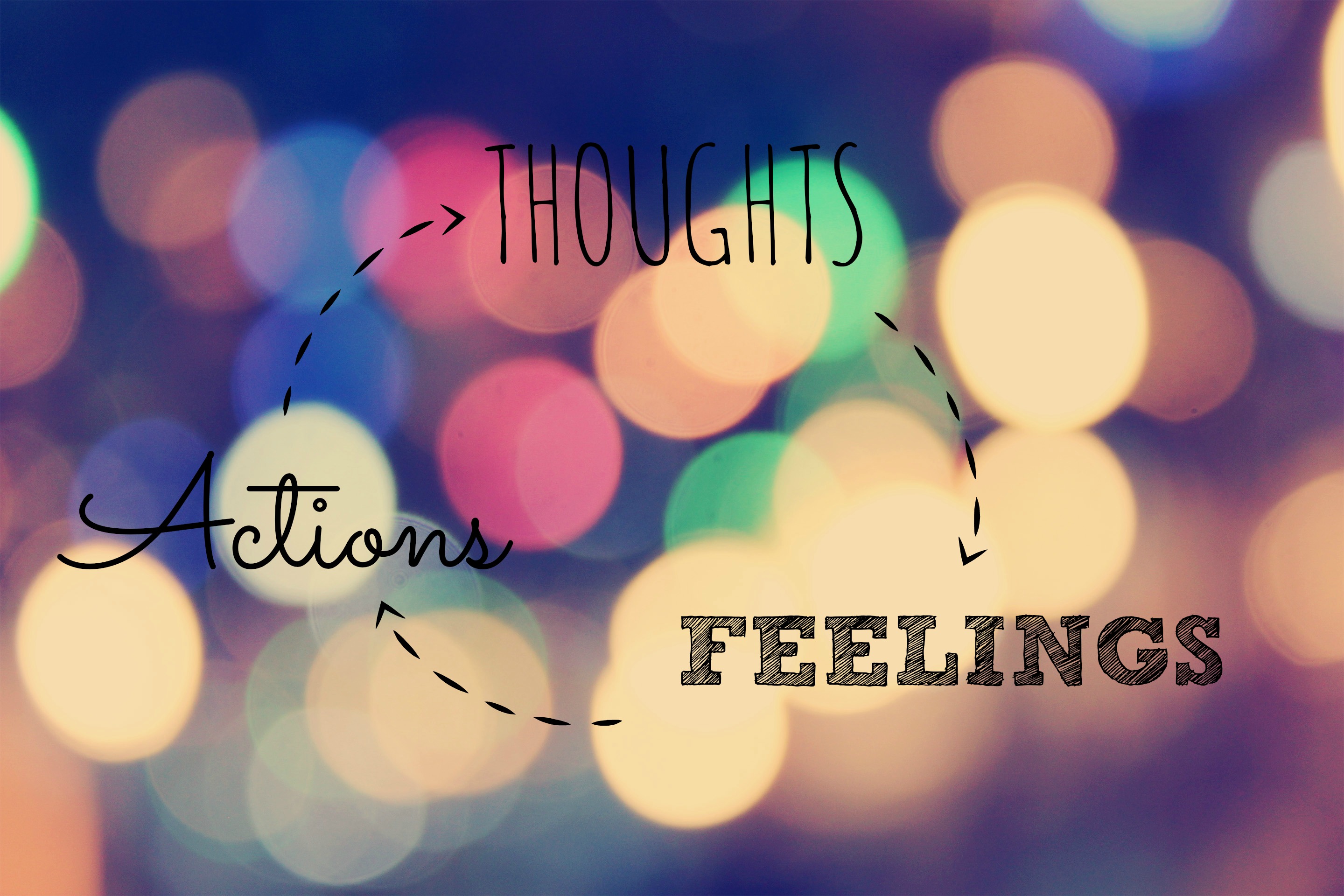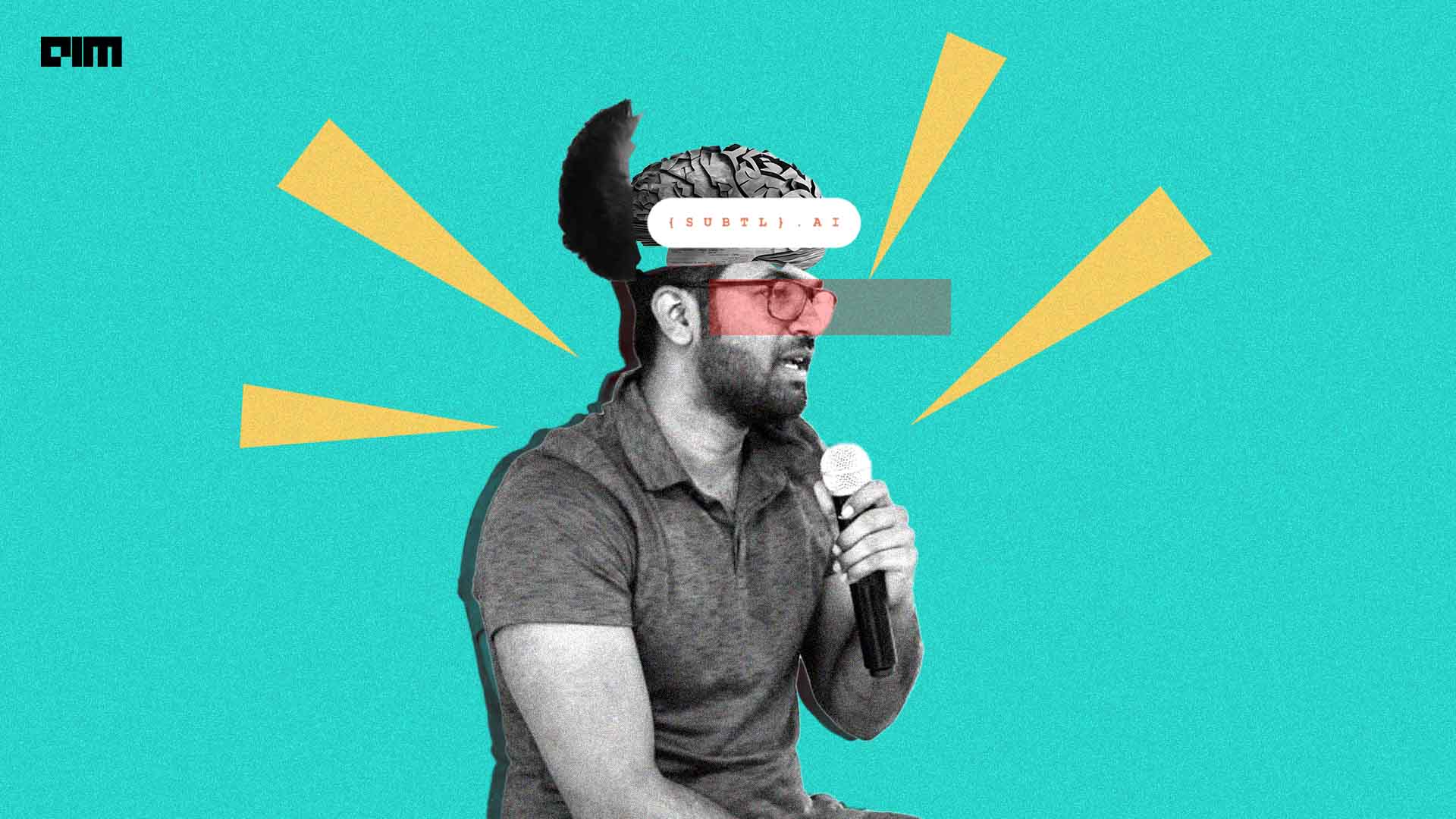The ADHD Mind: Exploring Thoughts, Feelings, And Experiences

Table of Contents
The Neurological Landscape of the ADHD Mind
The ADHD brain differs neurobiologically from neurotypical brains, primarily involving imbalances in key neurotransmitters: dopamine and norepinephrine. These imbalances significantly impact various brain functions, leading to the characteristic symptoms of ADHD.
- Dopamine's role in reward processing and motivation: Dopamine is crucial for experiencing pleasure and motivation. In ADHD, dopamine signaling may be less efficient, leading to difficulties with initiating tasks and sustaining motivation. This can manifest as procrastination and a lack of follow-through.
- Norepinephrine's influence on attention and focus: Norepinephrine regulates attention and alertness. Imbalances affect the ability to focus, leading to distractibility and difficulty concentrating on tasks. This contributes to the core symptoms of an attention deficit.
- Structural and functional differences in brain regions involved in executive function: Research indicates structural and functional differences in brain regions responsible for executive functions such as planning, organizing, and working memory. These differences contribute to challenges with time management, organization, and task completion. Studies using neuroimaging techniques like fMRI have provided valuable insights into these structural and functional variations in the ADHD brain.
- Genetic predisposition and the heritability of ADHD: ADHD has a strong genetic component, with studies showing a significant heritability. Understanding the genetic factors involved helps researchers identify potential risk factors and develop more targeted treatments. Further research into ADHD genetics continues to shed light on the complexities of this condition.
These neurobiological differences significantly impact attention, impulsivity, and hyperactivity. Individuals with ADHD often struggle with sustained attention, exhibiting distractibility and difficulty filtering irrelevant stimuli. Impulsivity manifests as acting without thinking, interrupting conversations, or making hasty decisions. Hyperactivity can present as excessive fidgeting, restlessness, and difficulty staying still.
The Emotional Rollercoaster: Feelings and Emotions in ADHD
Emotional regulation is a significant challenge for many individuals with ADHD. The intensity and volatility of emotions can be overwhelming, impacting various aspects of life.
- Heightened emotional sensitivity and reactivity: Individuals with ADHD often experience heightened emotional sensitivity, reacting more intensely to stimuli than their neurotypical counterparts. This can lead to emotional outbursts or difficulty managing strong emotions.
- Difficulty managing frustration and anger: Frustration and anger are frequently amplified in ADHD, potentially leading to outbursts or impulsive behaviors. The inability to easily complete tasks, coupled with the inherent difficulties in emotional regulation, exacerbates these feelings.
- Increased susceptibility to anxiety and depression: ADHD co-occurs frequently with anxiety and depression. The challenges of managing ADHD symptoms, combined with potential social stigma and low self-esteem, can significantly increase vulnerability to mental health conditions.
- Impact of emotional dysregulation on relationships and self-esteem: Emotional dysregulation can strain relationships and contribute to low self-esteem. Difficulty managing emotions can lead to misunderstandings, conflict, and feelings of inadequacy.
Strategies for emotional regulation include mindfulness practices, cognitive behavioral therapy (CBT), and other therapeutic approaches. Mindfulness helps individuals become more aware of their emotions, while CBT teaches coping mechanisms and strategies for managing emotional responses. Other therapeutic techniques, such as dialectical behavior therapy (DBT), may also be beneficial.
Daily Experiences and Challenges of the ADHD Mind
The daily life of someone with ADHD is often punctuated by practical challenges that affect various aspects of their lives.
Time Management and Organization
Time blindness is a common experience for individuals with ADHD. They may struggle with planning, prioritizing, and completing tasks, often leading to missed deadlines and feelings of overwhelm. Effective time management and organizational strategies are essential for mitigating these difficulties. This includes techniques like time blocking, using visual aids, and breaking down large tasks into smaller, more manageable steps. Keywords: time blindness ADHD, organization strategies for ADHD, ADHD productivity.
Focus and Attention
Sustained attention is a significant challenge. Distractibility and difficulty with task-switching are common, impacting productivity and academic or professional performance. Implementing focus techniques, such as minimizing distractions, using noise-canceling headphones, and employing the Pomodoro Technique can help improve concentration. Keywords: attention deficit disorder, focus techniques for ADHD, ADHD concentration.
Hyperactivity and Impulsivity
Hyperactivity and impulsivity manifest in various contexts. At work, this might appear as difficulty staying seated, frequent interruptions, or difficulty following instructions. Socially, it could manifest as interrupting conversations or blurting out inappropriate comments. In relationships, impulsivity can lead to disagreements and hurt feelings. Strategies for managing hyperactivity and impulsivity include regular physical exercise, mindfulness practices, and behavioral interventions. Keywords: ADHD hyperactivity, ADHD impulsivity, managing impulsivity.
Seeking Support and Understanding the ADHD Mind
Seeking professional help for diagnosis and treatment is crucial for effectively managing ADHD. A comprehensive evaluation by a healthcare professional, such as a psychiatrist or psychologist, can confirm a diagnosis and guide treatment planning.
Various treatment options exist, including:
- Medication: Stimulant and non-stimulant medications can help improve focus, reduce impulsivity, and regulate emotions.
- Therapy (CBT, behavioral therapy): Therapy focuses on developing coping mechanisms and strategies for managing ADHD symptoms, improving emotional regulation, and enhancing organizational skills.
- Coaching: ADHD coaches provide personalized support and guidance, helping individuals develop strategies to overcome daily challenges and achieve their goals.
Support groups and community involvement play a vital role in building a strong support network. Connecting with others who understand the challenges of living with ADHD can reduce feelings of isolation and provide valuable emotional support. Numerous organizations offer information, resources, and support for individuals with ADHD and their families. Keywords: ADHD diagnosis, ADHD treatment, ADHD therapy, ADHD support groups.
Conclusion
Understanding the complexities of the ADHD mind requires acknowledging the intricate interplay of neurological differences, emotional experiences, and daily challenges. By recognizing these aspects and actively seeking support, individuals with ADHD can develop strategies to navigate their unique experiences and live fulfilling lives. Remember, seeking professional help and connecting with supportive communities are vital steps in managing ADHD. If you suspect you or a loved one might have ADHD, don't hesitate to reach out to a healthcare professional for proper evaluation and treatment. Learn more about managing your ADHD mind and discover the resources available to help you thrive.

Featured Posts
-
 On This Day In 2024 Hit The Road Drax Sung At Protest
May 13, 2025
On This Day In 2024 Hit The Road Drax Sung At Protest
May 13, 2025 -
 Ai Startup Perplexity Achieves 14 Billion Valuation Via Exclusive Investment
May 13, 2025
Ai Startup Perplexity Achieves 14 Billion Valuation Via Exclusive Investment
May 13, 2025 -
 Luchshie Boeviki S Dzherardom Batlerom Podborka Filmov
May 13, 2025
Luchshie Boeviki S Dzherardom Batlerom Podborka Filmov
May 13, 2025 -
 Heat Wave Forces School Closures Across Half Of Manila
May 13, 2025
Heat Wave Forces School Closures Across Half Of Manila
May 13, 2025 -
 Olympus Has Fallen Cast Crew And Critical Reception
May 13, 2025
Olympus Has Fallen Cast Crew And Critical Reception
May 13, 2025
